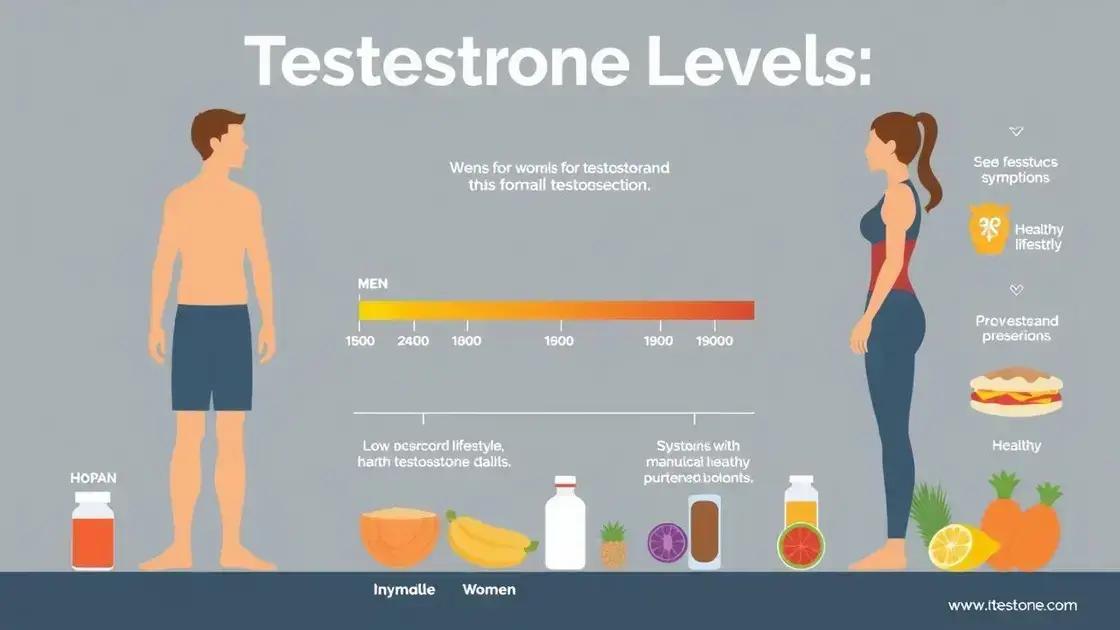
Insulin Sensitivity: The Hidden Factor in Bodybuilding Success
Bodybuilding is an intricate sport that requires discipline, nutrition, and an understanding of how different hormones and substances influence muscle growth and recovery. One such hormone that has garnered significant attention among athletes and bodybuilders is insulin. In this article, we will delve deep into what insulin is, its role in bodybuilding, how it can be utilized for enhanced performance, and the potential risks associated with its improper use.
What is Insulin?
Insulin is a peptide hormone produced by the beta cells of the pancreas. It plays a crucial role in regulating carbohydrate and fat metabolism in the body. When we eat, especially foods rich in carbohydrates, our blood glucose levels rise. The pancreas responds by releasing insulin, which facilitates the uptake of glucose into cells for energy or storage.
Insulin’s Role in Muscle Building
Insulin is often termed an “anabolic hormone” because it promotes the storage of nutrients. In the context of bodybuilding, insulin has several vital roles:
- Glucose Uptake: Insulin increases the uptake of glucose into muscle cells, providing them with energy for workouts and recovery.
- Amino Acid Transport: Insulin promotes the transport of amino acids into cells, which is essential for muscle protein synthesis.
- Reduced Muscle Breakdown: Insulin can inhibit muscle protein breakdown, helping to maintain a positive nitrogen balance, which is critical for muscle growth.
- Fat Storage Regulation: Insulin helps regulate fat storage and may influence the partitioning of calories between fat and muscle stores.
Insulin and Nutrient Timing
Nutrient timing is an essential strategy used by bodybuilders to maximize performance and recovery. By understanding how insulin works, athletes can manipulate their diet to take advantage of this hormone’s effects:
- Pre-Workout Nutrition: Consuming carbohydrates before a workout can elevate insulin levels, ensuring that muscle cells have sufficient energy.
- Post-Workout Nutrition: The post-workout window is critical for recovery. Consuming high glycemic index carbohydrates and proteins soon after training can spike insulin levels, promoting glucose and amino acid uptake.
- Insulin Sensitivity: Maintaining insulin sensitivity through a balanced diet, exercise, and possibly certain supplements can lead to more effective use of the hormone, enhancing muscle growth.
Insulin Use in Bodybuilding: Risks and Considerations
While insulin can be beneficial for bodybuilders looking to enhance their performance and recovery, improper use can lead to serious health risks. Here are some critical considerations:
- Hypoglycemia: Overdosing on insulin or timing it poorly may lead to dangerously low blood sugar levels, causing hypoglycemia, which can result in confusion, seizures, or even loss of consciousness.
- Insulin Resistance: Chronic overuse can lead to insulin resistance, negating the benefits of insulin and potentially leading to conditions like type 2 diabetes.
- Legal and Ethical Concerns: Using insulin inappropriately can be considered doping in many sporting organizations. It’s crucial for athletes to be aware of the rules and regulations surrounding the use of any substance.
Alternatives to Direct Insulin Use
For those concerned about the risks associated with insulin, there are safer alternatives to improve insulin sensitivity and support muscle growth:
- Dietary Adjustments: Incorporating whole foods with low glycemic indexes, increasing fiber intake, and balancing macronutrients can naturally improve insulin sensitivity.
- Regular Exercise: Both resistance training and cardiovascular exercise enhance insulin sensitivity and support muscle growth.
- Supplements: Certain supplements, such as chromium and alpha-lipoic acid, have been studied for their potential to improve insulin sensitivity.
Conclusion
Understanding insulin’s role in bodybuilding is critical for athletes aiming to maximize their performance and recovery. While insulin can be a powerful tool for muscle growth and nutrient partitioning, it must be used with caution. The potential risks associated with its misuse far outweigh the benefits for many bodybuilders. Implementing nutritional strategies to enhance natural insulin sensitivity and utilizing safe dietary alternatives can provide a significant edge in bodybuilding without the associated risks of exogenous insulin use. Always consult with a healthcare professional or a qualified nutritionist before making any significant changes to your diet or supplement regimen.
FAQs
1. Is using insulin safe for bodybuilders?
Using insulin can be unsafe if not managed properly. It can lead to severe health risks, so many athletes opt for dietary strategies to optimize their insulin response.
2. How can I naturally increase my insulin sensitivity?
You can improve insulin sensitivity through regular exercise, eating a balanced diet rich in whole foods, and managing stress through proper sleep and relaxation techniques.
3. What foods promote a healthy insulin response?
Foods high in fiber, lean proteins, healthy fats, and low glycemic index carbohydrates are beneficial for maintaining a healthy insulin response.
4. Are there any risks associated with insulin supplements?
Yes, using insulin or insulin supplements carries risks such as hypoglycemia, insulin resistance, and potential legal issues in competitive sports.
5. Where can I find more information on bodybuilding and insulin?
For more detailed insights, you can visit or check resources on insulin and its effects, and refer to sites such as Body Piercing Guide, Steroid.com, and Hanna Houston’s podcast for a broader understanding.
FREE SHIPPING
CLICK HERE!
HOT PROMOTIONS!
Insulin is a crucial hormone in the body that plays a significant role in glucose metabolism, fat storage, and overall energy regulation. Secreted by the pancreas, insulin facilitates the uptake of glucose into cells, thus providing them with the energy necessary for various functions. In the context of bodybuilding, understanding insulin’s role is particularly important as it can influence muscle growth, recovery, and overall performance. This understanding has led many bodybuilders to explore insulin as a potential tool for optimizing their physique and performance.
Bodybuilders often seek to create an anabolic environment in their bodies to promote muscle growth. Insulin is classified as an anabolic hormone due to its capacity to stimulate protein synthesis and prevent muscle breakdown. When high levels of insulin are present, the body is more inclined to utilize amino acids for muscle repair and growth rather than allowing them to be used for energy. This makes insulin an attractive target for bodybuilders looking to maximize their gains, leading some to consider methods to increase their insulin levels post-workout to capitalize on the window of opportunity for muscle recovery.
Carbohydrate intake plays a pivotal role in the manipulation of insulin levels. Consuming carbohydrates after resistance training leads to an increase in blood glucose levels, which in turn prompts the pancreas to release more insulin. Bodybuilders often consume high-glycemic carbohydrates, such as dextrose or sugary sports drinks, immediately following their workouts to facilitate an insulin spike. This practice not only aids in the rapid replenishment of glycogen stores but also promotes the uptake of amino acids into muscle cells, further enhancing recovery and muscle building. However, the timing and type of carbohydrate consumed can significantly affect how effectively this process works.
While leveraging insulin for bodybuilding may seem beneficial, it comes with potential risks and complications. Mismanaging insulin—whether through overdose of exogenous insulin or excessive carbohydrate intake without appropriate training—can lead to hypoglycemia (low blood sugar), which can become dangerous if not monitored carefully. Additionally, chronic high insulin levels can contribute to insulin resistance, a condition that may lead to metabolic disorders over time. It is essential for bodybuilders considering insulin manipulation to possess a comprehensive understanding of their body’s response to different food types and to prioritize health alongside performance.
In conclusion, insulin is a powerful hormone that can significantly impact bodybuilding, particularly in the realms of muscle growth and recovery. Understanding the delicate balance of carbohydrate intake and insulin response leads to enhanced training outcomes when executed properly. However, this power must be wielded with caution, as the line between performance enhancement and health risk can be thin. Consequently, aspiring bodybuilders should aim to adopt a holistic approach that includes proper nutrition, training strategies, and a sound understanding of their body’s unique responses to optimize their physical development responsibly.
















